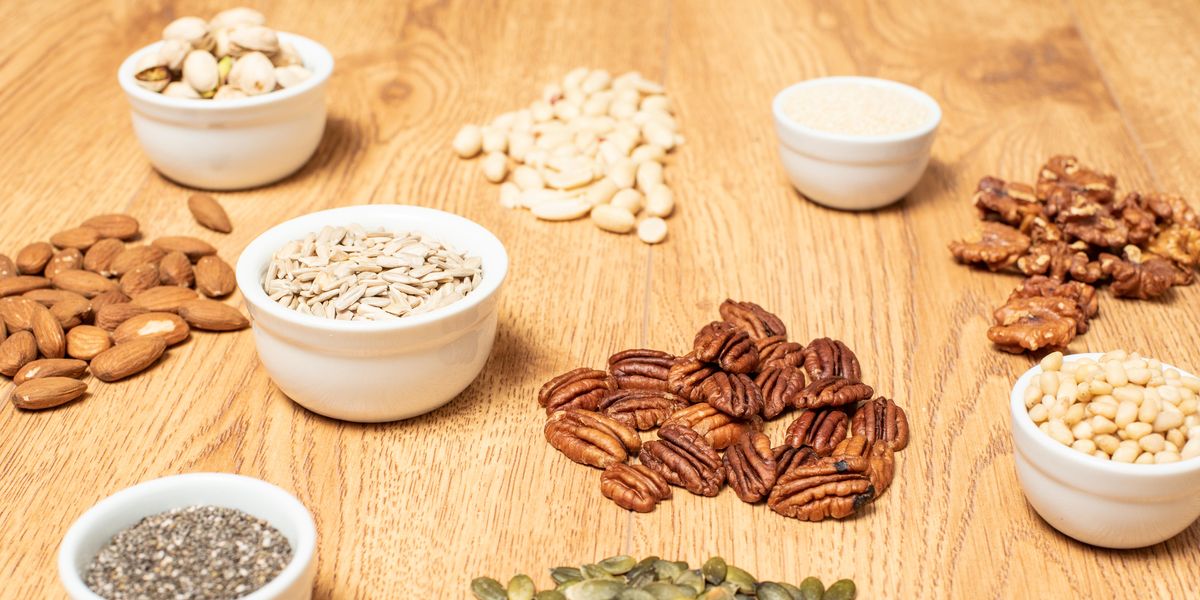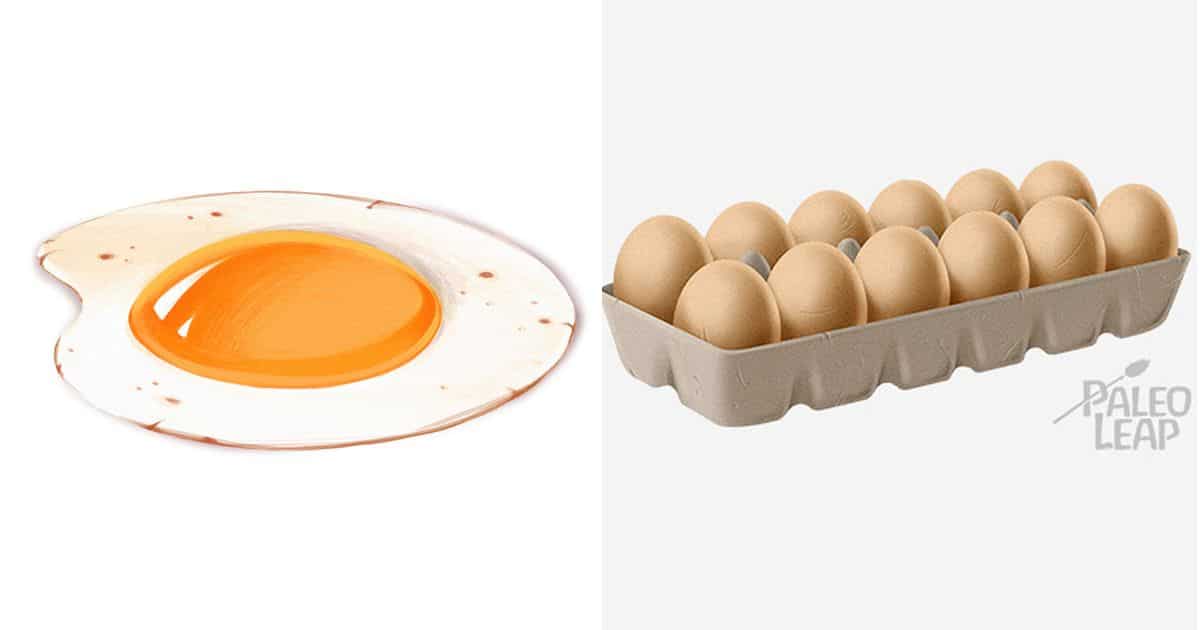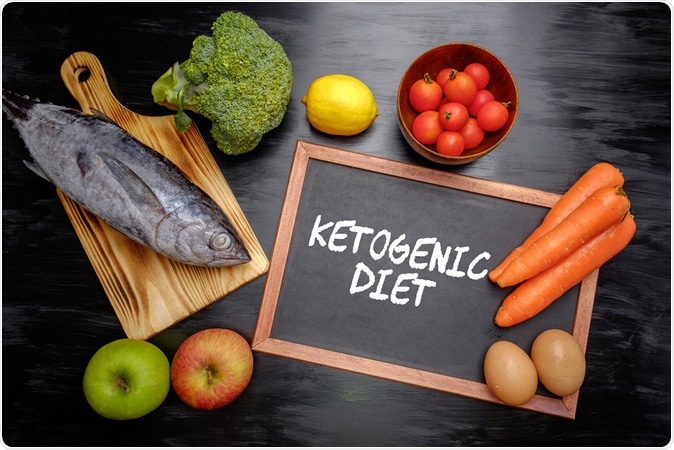Rinse & rePeat
Member
- Joined
- Mar 10, 2021
- Messages
- 21,516
“This study suggests that chronic consumption of vitamin A-enriched diet decreases 11β-HSD1 activity in liver and visceral fat of WNIN/Ob obese rats. Decreased 11β-HSD1 activity by vitamin A may result in decreased levels of active glucocorticoids in adipose tissue and possibly contribute to visceral fat loss in these obese rats. Studying the role of various nutrients on the regulation of 11β-HSD1 activity and expression will help in the evolving of dietary approaches to treat obesity and insulin resistance."’
 raypeatforum.com
raypeatforum.com
Vitamin A Is A Powerful Anti-obesity Agent By Lowering Cortisol
PPAR-Delta is a pro-metabolic and anti-obesity cellular pathway that gets stimulated very profoundly by RA








